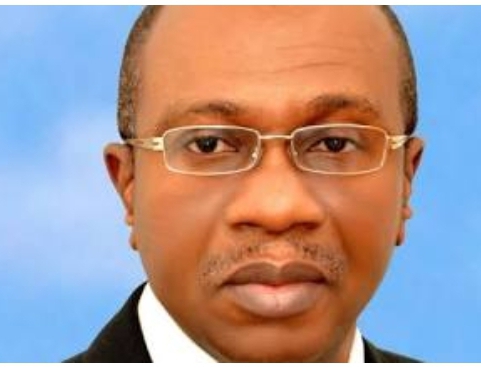By Tambaya Julius, Abuja
No fewer than 60 legal practitioners have made a noteworthy move by approaching the High Court of the Federal Capital Territory.
Their objective is to commence committal proceedings against the Department of State Services (DSS).
This legal action stems from what they perceive as the DSS’s disregard for multiple court judgments and orders, which explicitly directed the agency to release the former Central Bank Governor, Mr Godwin Emefiele.
Seeking for accountability and justice Mr Maxwell Opara and Mr Ahmed Tijani, the lawyers have filed a motion with the court, urging the DSS to address the allegations of contempt or face imprisonment.
To initiate the proceedings, they have requested the issuance of Form 48 and Form 49, which are the prescribed forms in such cases.
The legal team contends that the judgments and orders issued by Justice M. A. Hassan, Justice Hamza Muazu, and Justice Bello Kawu make it clear that the DSS Director-General should have released Emefiele from detention.
A supporting affidavit highlights Justice Hassan’s restraining order, specifically instructing the respondents, including the DSS, to refrain from arresting, detaining, or interrogating Emefiele.
This order was connected to allegations related to terrorism financing, money laundering, round-tripping, and other financial crimes of national security significance.
Despite the explicit and unambiguous court orders, the lawyers argue that the DSS proceeded to arrest and detain Emefiele, keeping him in custody for over a month.
They claim that during this period, the DSS conducted an extensive search for evidence to substantiate their accusations, only to come up empty-handed.
Addressing the media following the filing of their legal documents, Mr Maxwell Opara expressed the legal team’s unwavering determination to see this matter through to its conclusion.
They are committed to ensuring that the Director-General of the DSS, Bichi, faces imprisonment if the department fails to address the contempt of court.
Opara stressed that this firm stance aims to serve as a strong deterrent to heads of security agencies, emphasizing that disobedience of court orders will no longer be tolerated.
Opara went on to highlight what he sees as a contradiction in the DSS’s actions.
He finds it perplexing that the agency initially accused Emefiele of grave crimes against the state, only to subsequently charge him with the possession of a legally registered pump-action rifle.
Opara suggests that this shift in accusations indicates that Emefiele’s predicament is driven more by political motives than any genuine concerns.
This legal battle signifies a critical juncture in the ongoing struggle for justice.









